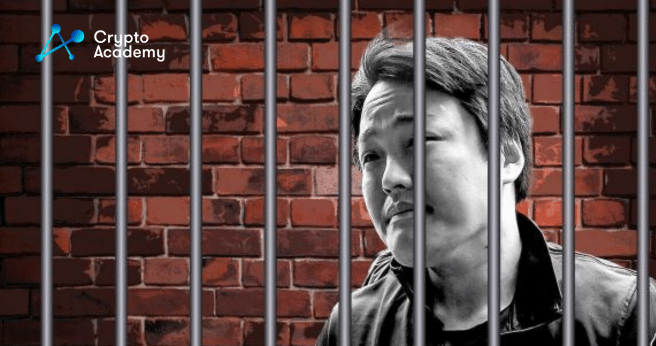Do Kwon’s Detention in Montenegro To Be Extended by Another 6 Months

The authorities of Montenegro are reportedly considering extending the custody of Do Kwon, the co-founder of Terraform Labs, for another six months. This decision comes as both South Korea, Kwon’s home country, and the United States of America have requested his extradition. Kwon, who was arrested in March this year, faces numerous fraud charges and is accused of being involved in the collapse of the LUNA/UST project. Let’s delve deeper into the developments surrounding Kwon’s case and the implications of his extended detention in Montenegro.
Kwon Awaits Extradition Decision
Marija Rakovic, an adviser for public relations at the High Court of Montenegro, confirmed that Kwon has received a detention order for six months. This period will allow the magistrates to decide whether to extradite him to South Korea. The Asian country has strongly insisted on his deportation, claiming that Kwon played a significant role in the Terra crash, which resulted in substantial financial losses and shook the digital asset sector. Meanwhile, the United States also seeks Kwon’s extradition based on allegations of orchestrating a massive crypto scam involving the sale of unregistered securities through digital currencies.
Kwon’s legal troubles do not end with extradition requests. Upon his arrest in March, he was found in possession of a falsified passport and forged travel documents. A hearing regarding these charges is scheduled for June 16 in the Basic Court of Podgorica. Furthermore, Kwon may also face questions about his alleged connection with Milojko Spajic, the former Minister of Finance of Montenegro and current leader of the political party Europe Now. Reports suggest that Kwon and Spajic have been friends for years, with Kwon allegedly financing some of Spajic’s political campaigns.
Defense Attempts to Dismiss SEC Charges
In an attempt to alleviate some of Kwon’s legal troubles, the law firm Dentons, representing Terraform Labs, has filed a motion to dismiss the charges brought by the U.S. Securities and Exchange Commission (SEC). The defense argues that UST, the algorithmic stablecoin developed by Terraform Labs, is not a security but rather a digital asset designed for practical purposes and commerce. The defense further argues that UST is pegged one-to-one to the dollar and is not intended as an investment. The motion also draws a comparison between UST and Bitcoin, highlighting UST’s decentralized nature through the control of the LUNA token.
The decision on whether the motion to dismiss the SEC charges will be approved or dismissed rests with Judge Rakoff and is expected to be announced in mid-July. The defense’s argument that UST is not a security raises important questions about the regulatory framework surrounding digital assets and the jurisdiction of the SEC. The outcome of this decision could have significant implications not only for Kwon’s case but also for the broader digital asset industry.

Comments are closed.